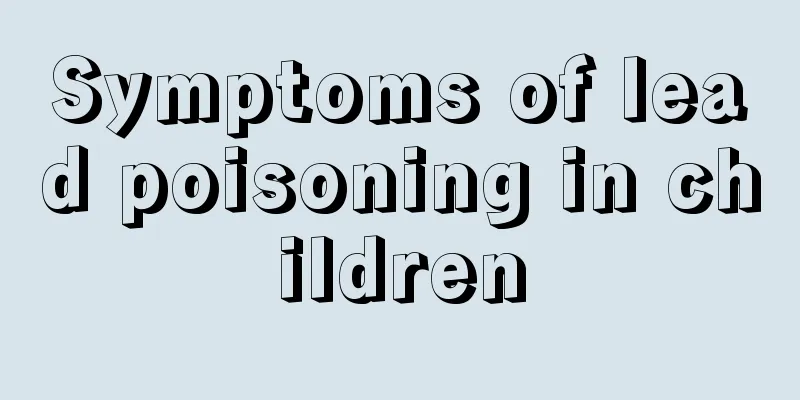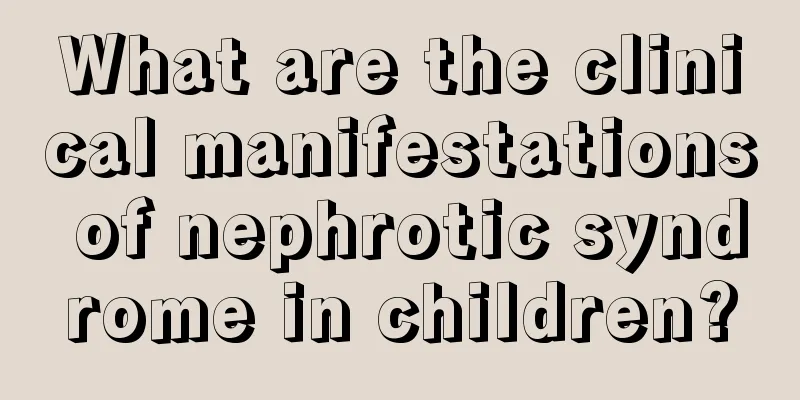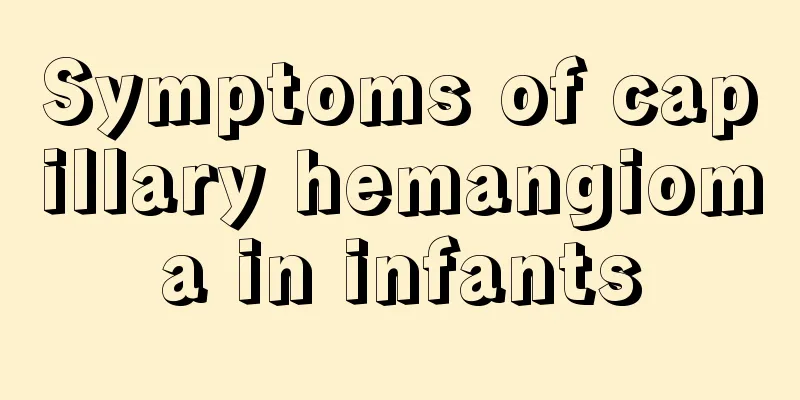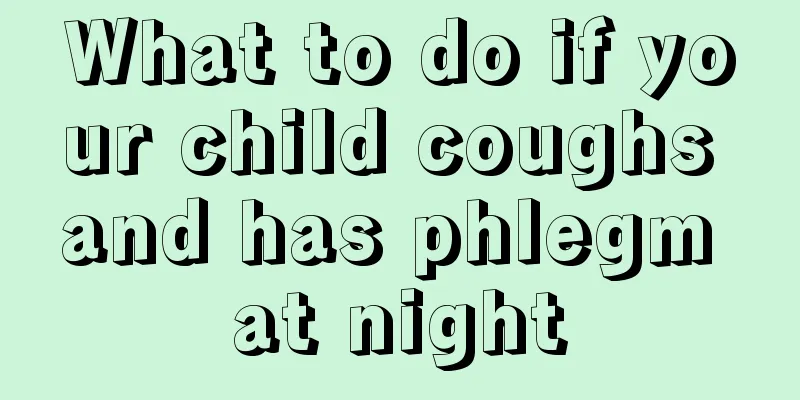Symptoms of lead poisoning in children

|
Children are the most innocent creatures in the world. They are naive, lively, active and dynamic, but sometimes they also give parents a headache because they are sometimes angels and sometimes devils. Children are very active and playful, so sometimes they may trigger a series of incidents. Dangerous items must be kept away from children, but some are hard to guard against and may cause trouble in the blink of an eye. We have heard of cases of children being poisoned by lead many times. We often hear about lead poisoning happening to children. Children like to play with pencils. A common problem among children is that they like to put everything in their mouths, and this is when trouble comes. But how do you tell if it is lead poisoning? Let’s learn about it below. Lead and its compounds are toxic to all tissues of the human body. Poisoning can occur through inhalation of its vapor or dust through the respiratory tract, which is then rapidly carried into the blood by phagocytes in the respiratory tract; or it can be absorbed through the digestive tract and enter the blood circulation, causing poisoning. The poisoned people generally have a history of contact with lead and lead compounds. Oral intake of 2-3 grams can cause poisoning, and 50 grams can be fatal. Clinical lead poisoning is rare. The nervous system is most susceptible to damage by lead. Lead can impair figurative intelligence, visual motor function, memory, reaction time, language and spatial abstract ability, sensory and behavioral functions, and cause symptoms such as fatigue, insomnia, irritability, headache, and hyperactivity. Because the blood-brain barrier matures late, the central nervous system is relatively fragile, and its excretion function is not perfect, making it easily damaged by lead. When children ingest large amounts of lead compounds at one time or in a short period of time, their brain tissue will experience cellular edema, hemorrhage, demyelination, and hippocampal structure atrophy. Clinically, symptoms of acute poisoning appear: such as lethargy, anorexia, vomiting, abdominal pain, diarrhea, delirium, convulsions, coma and other symptoms of pre-eclampsia. In severe cases, epilepsy or death may occur or serious sequelae may remain. When children are exposed to low levels of lead, it can cause a decrease in the density of brain cell synapses, a decrease in dendritic branching, a decrease in the range of synaptic plasticity, a slowdown in the conduction velocity of motor nerves, and changes in the electroencephalogram. Since lead is unevenly distributed in the brain, the symptoms of chronic poisoning are atypical, such as hyperactivity, movement disorders, slow reaction, and intellectual disability in children. Lead poisoning causes intellectual disability. For every 10μg/dl increase in blood lead level, the IQ will decrease by 6-7 points. Clinical manifestations: 1. Abdominal pain, diarrhea, vomiting, black stool; 2. Headache, dizziness, insomnia, even irritability and coma; 3. Palpitations, pale complexion, anemia; 4. Vasospasm, liver and kidney damage; Differential diagnosis: diagnostic basis 1. History of exposure to lead and its compounds. 2. Have typical clinical symptoms and signs. 3. The lead concentration in urine or blood is significantly increased We have heard of cases of lead poisoning in children many times. Parents should pay attention to this to avoid disasters. It is better to keep dangerous items away from children. However, if a child shows symptoms of lead poisoning, do not panic and send him to the hospital for treatment in time. Children should also be taught to stay away from dangerous objects and not put anything in their mouths. |
<<: Is baby's baldness due to calcium deficiency?
>>: Children's character development
Recommend
What to do if your baby's eyes are red
Parents with children at home must have noticed t...
Why does a one and a half year old baby urinate frequently?
Although many single female friends today have no...
Treatment for baby crying before bed
Babies crying before going to bed often makes us ...
Symptoms of calcium deficiency in five-month-old babies
Nowadays, every family has only one child, and ma...
Can babies with diarrhea eat rice cereal?
Diarrhea becomes common in spring and autumn ever...
Can vitiligo in children be cured?
The growth process of a child from infancy to adu...
How to make baby chicken liver
Chicken liver is very nutritious and contains a h...
Children suddenly have allergies
If a child's skin suddenly develops allergies...
Newborn baby crying without tears
Since newborns do not have the ability to speak o...
Baby doesn't poop but keeps farting
Parents must be careful about some changes in the...
Why do children have cold hands and feet after their fever subsides?
Children are more susceptible to virus invasion a...
How to treat tooth decay in children
For children, if they do not pay attention to ora...
What to do if your child's anus is red
Because children's skin is relatively tender,...
What foods are easy to digest for children?
It is common for children to have poor digestion ...
What should I do if my baby has a fever when weaning?
For a family, it is important to choose the right...









